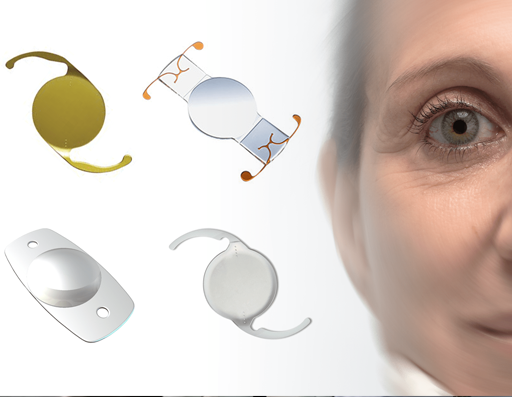
Glaucoma refers to a group eye conditions that affects the pressure within the eye, which damages the optic nerve, the nerve connecting your eye to the brain. The best way to test if you have glaucoma is to have a complete eye examination with your Ophthalmologist. 90% of glaucoma patients in India do not realise that they have the disease. Often called ‘the sneak thief of sight’, people with most forms of glaucoma do not have symptoms until the optic nerve is severely damaged. Early diagnosis and treatment can help in controlling the disease and preventing the permanent loss of vision.
If you are at risk of developing glaucoma you may be required to have periodic eye examinations with multiple tests at regular intervals.The risk factors of developing glaucoma include age >40 years, family history, having an eye power, high eye pressures, diabetes, steroid users, have had an eye injury.
To achieve an accurate assessment, experienced specialists at our glaucoma clinic perform a comprehensive screening that consists of non invasive, pain free procedures. It also serves as a large referral centre for treatment of congenital glaucoma, which is a rare condition in which the eye pressures are high in new borns or in first few months of life.
Our clinic is well equipped with the latest modalities for diagnosis and treatment of the disease to improve the patients quality of life. Treatment is available for all the age groups from the new borns to the elderly.
Counselling - General & Speciality
Neuro-ophthalmic examination is very comprehensive and includes the following: Visual acuity testing , visual field testing, ocular motility examination, colour vision testing , diplopia charting, Hess charting, X Ray of the skull, and if necessary a CT scan or MRI.
- Depending on the condition and the nature of the underlying problem in the brain, if any, the neuro-ophthalmologist will either treat the condition in the hospital itself or refer appropriately to either a neuro-physician or a neurosurgeon.
Typical conditions treated:
- Visual loss due to optic neuritis, traumatic optic neuropathy, Ischaemic Optic Neuropathy
- Visual field defects due to neurological disorders like stroke, intracranial tumors, hemorrhage in the brain, injuries
- Pupillary abnormalities
- Double vision due to cranial nerve palsies
- Papilledema due to raised intracranial pressure.
- Ocular myasthenia
An advanced neuro ophthalmic care named Optic Nerve Sheath Decompression is available at Aravind for the treatment of Chronic Papilledema not responding to medical therapy. Papilledema is condition where there is swelling of the optic nerve sheath due to increase in the intra cranial pressure.
